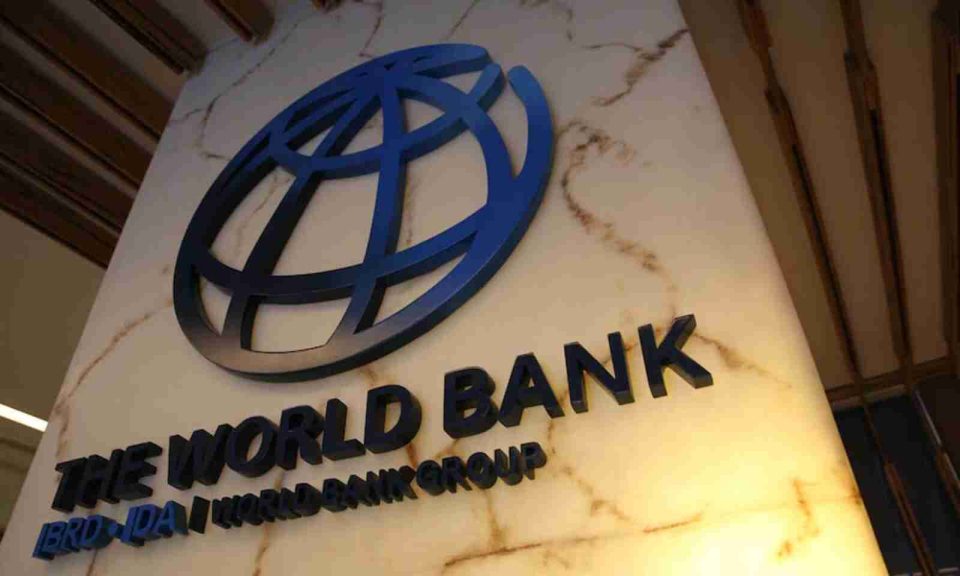On Wednesday, Citing the additional burden on the budget put by the last-ditch energy subsidies by the outgoing Imran Khan government, the World Bank reduced Pakistan’s economic growth rate forecast for the current fiscal year by almost one per cent, reported local media.
“The financing of the price cuts or subsidies can create an additional burden on the fiscal budget, threaten the ongoing programme with the International Monetary Fund (IMF), and limit the use of the fiscal budget on other, more productive projects”, the Dawn newspaper quoted the World Bank as saying ahead of the IMF-WB Annual Spring Meetings beginning early next week.
- GMR Airports Gears up for Next Phase of Growth; Launches New Operations Centre
- Sai Life Sciences Ltd IPO GMP & Lot Size Details : Worth Investing Or Not?
- BEML Shares Rally 4% on Securing a Rs 136 Crore Order
- Haber Raises $44 Million Through a Series C Funding Round
- Alembic Pharma Clears Brazilian Health Regulator Audit
Terming these subsidies as ‘unsustainable and ineffective’, the bank’s Chief Economist for South Asia Region Hans Timmer advocated that the correct prices should be charged to consumers and redistributed to poor households.
“While these measures can help reduce fluctuations in domestic prices, they also constitute a direct burden or hidden liability on the government’s budget, increasing fiscal vulnerabilities in the future. GDP growth is expected to slow to 4.3 per cent in FY22 (against 5.6 per cent last year) and to 4 per cent in FY23,” said the bank.




